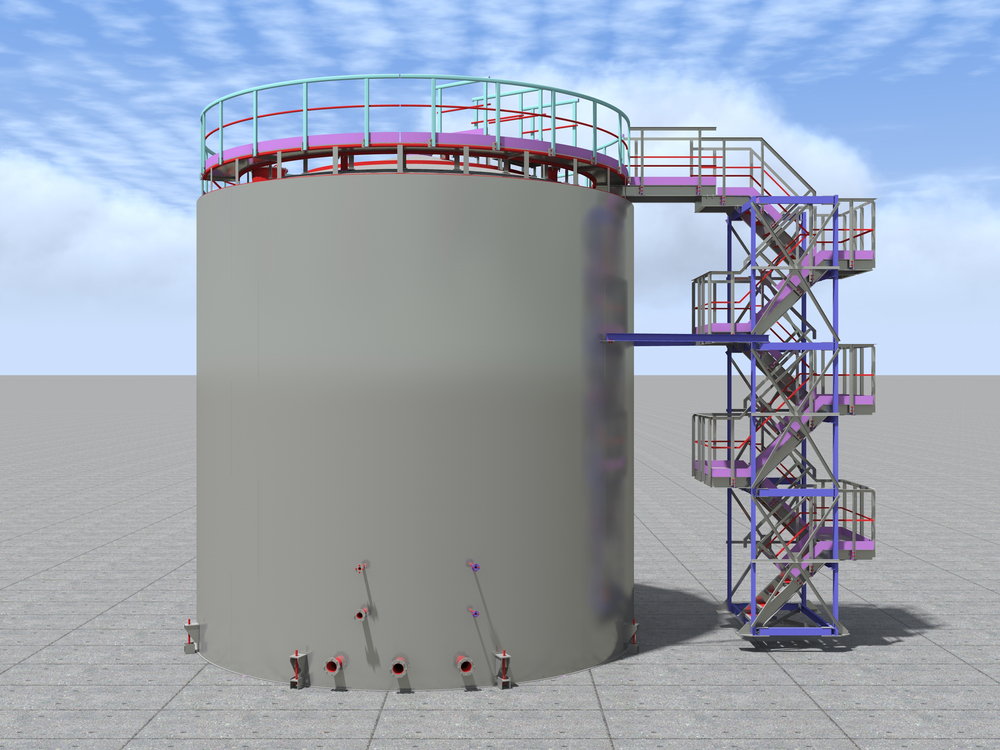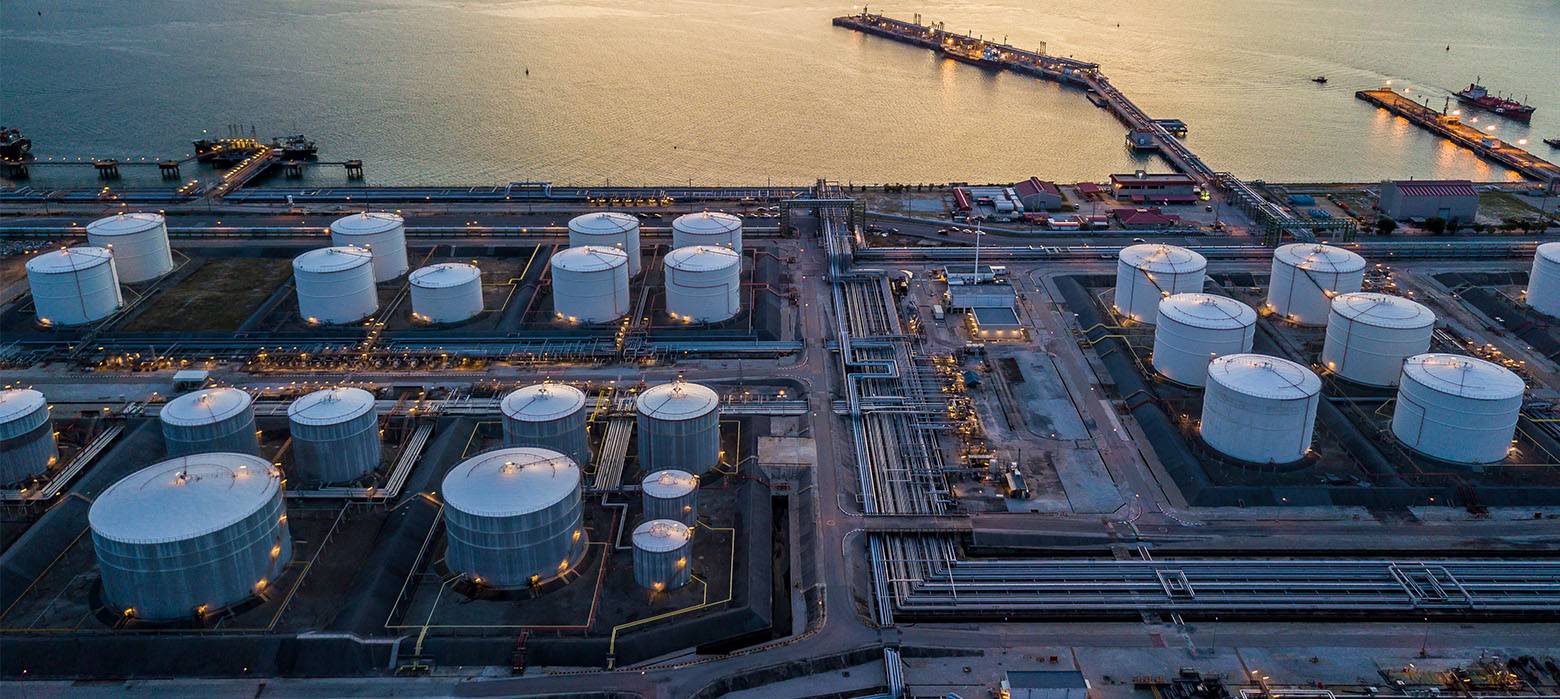
- admin
- October 14, 2020
A Complete Guide to Tank Materials (Updated for 2020)
Tanks are dedicated storage units that serve both commercial and residential purposes. Tanks can store water, petroleum, hazardous wastes, chemicals, and other substances that are required to be stored at a factory or home for longer duration.
However, as a matter of fact, different tanks serve different purposes. The purpose it serves depend on the materials used while manufacturing.
In this blog, we’ve thrown light on the materials used to manufacture some of the most common tanks, the material that is best suited for manufacturing water storage tanks, and the materials that were used to manufacture tanks earlier.
So, let’s dig deep!
What Materials are Tanks Made of?
- Underground Fiberglass Tanks – As the name suggests, these underground tanks are made up of fiberglass, which is resistant to corrosion. Being highly versatile, fiberglass is used by many commercial industries.
- Carbon Welded Steel Tanks – These are water storage tanks that are made up of carbon welded steel. These tanks are strong and durable and remain unaffected from Lyme leaching.
- Above-Ground Storage Tanks – These tanks are either made up of concrete or fiberglass. Above-ground storage tanks may not have a high storage capacity, but they comfortably serve the purpose. Typically, they’re used to store caustic water, which includes waste, potable, and rainwater storage.
- Polyethylene Tanks – These are made up of plastic and are perfect for those who are tight on budget and don’t need a tank with a large capacity. Rainwater collection is one common use of polyethylene tanks.
- Stainless Steel Water Storage Tanks – Doing justice to the name, these tanks are made up of stainless steel. Unarguably, these tanks are one of the most versatile tanks available in the market currently.
Which Material is Best for Water Tanks?
While there are plenty of options available, the best material for water tanks is plastic. Being made up of polyethylene, these tanks are non-corrosive and are designed for long life. The best part is that these tanks don’t suffer from rust or corrosion, unlike metal and concrete. Additionally, these tanks are lightweight and extremely easy to handle. No heavy equipment is required to install or relocate these tanks.
Poly tanks are usually made in one single piece and don’t have any joints or seams. So, no sealants are used to join any part of the tank. The most exciting part about poly tanks is that they can be recycled at the end of their service life.
What are Old Tanks Made of?
In the 70s and 80s, all industrial storage tanks were made up of galvanized steel – a zinc coating that protects the steel from corrosion. These tanks were built to hold capacities from about 30,000 liters to millions of liters of water.
The most significant disadvantage of these tanks is that they are susceptible to corrosion without regular refurbishment.
So, this was our in-depth guide on tank materials. Let us know in the comment section the material you think is best for the tank you’re
- materials used for tank
- tank materials
Category
- Above Ground Fuel Tanks
- Above Ground Gas Storage Tank
- Above Ground Storage Tanks
- Above Ground Water Storage Tanks
- Agricultural Tanks
- Chemical storage Tanks
- Diesel Fuel Storage Tanks
- Diesel Storage Tanks
- Exernal FloatingRoof Tanks
- Farm Water Tank
- Fiberglass Oil Tanks
- Fiberglass Septic Tanks
- Fiberglass Tanks
- Fiberglass Underground Fuel Storage Tanks
- Field Erected Tanks
- Floating Roof Tank
- Food and Beverage Tanks
- Fuel tank
- Industrial Chemical Storage Tanks
- Industrial Gas Tanks
- Industrial Hot Water Storage Tanks
- industrial hot water tank
- Industrial Plastic Tanks
- Industrial Storage Tanks
- Industrial Tank heating pads
- industrial tanks
- Natural gas
- Natural gas vs Propane
- oil storage tank
- Oil Storage Tanks
- Peracitic Acid
- Petroleum Tanks
- Residential gasoline storage tanks
- Residential Water Storage Tanks
- Sodium Hydroxide Storage Requirements
- Sodium Hypochlorite Storage Tanks
- Steel Storage Tanks
- storage tank failure prevention
- Storage Tanks
- Sulfuric Acid Tanks
- Uncategorized
- UnderGround Storage Tanks
- Waste water tank
- Water Storage Tanks

 Tank Size Calculator
Tank Size Calculator






